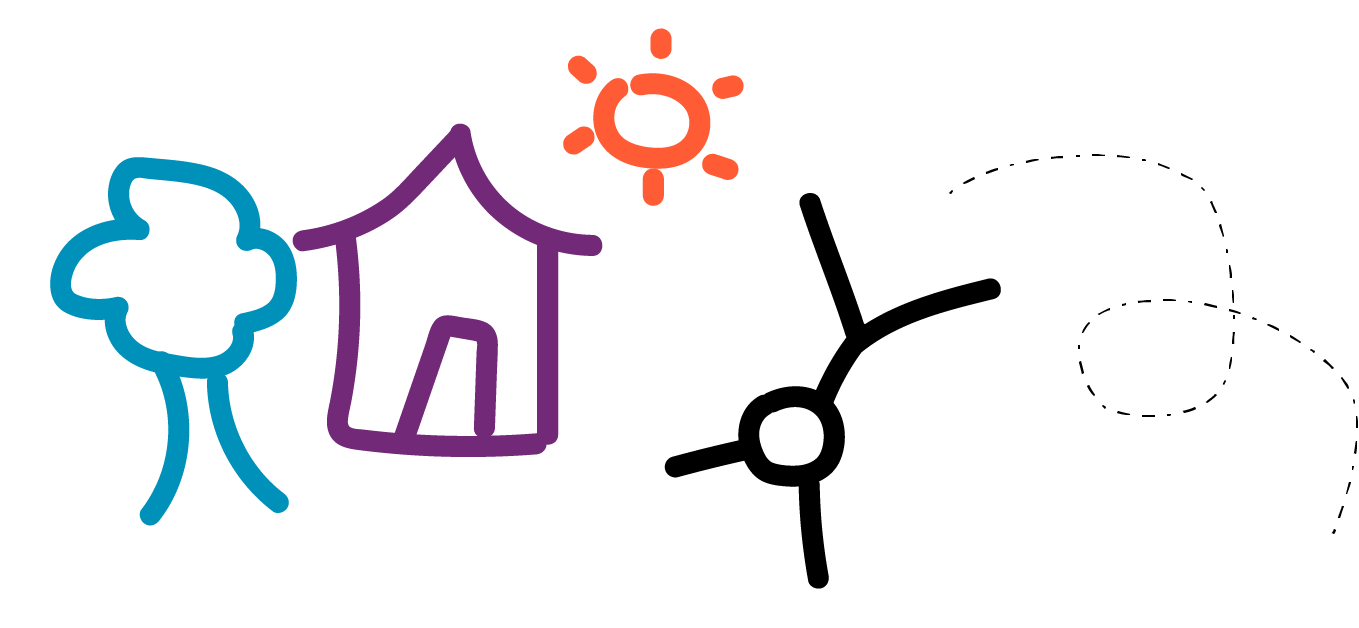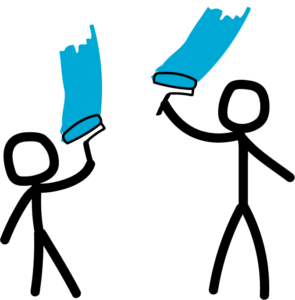Trauma can affect a child’s brain, body, and relationships. Paying attention to the different ways that trauma impacts children can help us think about various supports for them and their families.
Children move through many environments that shape one another, including home, school, and community. This means that children and families who have experienced trauma need supports in many areas of their lives.
Trauma supports come in all shapes and sizes. What works for one family might not work for another, which is why it is so important to adopt an individualized, culturally responsive approach to care.
The four Building Blocks of HOPE, developed by experts at Tufts Medical Center, are one way to think about the types of Positive Childhood Experiences (PCEs) that promote wellbeing and resilience. Children and families might need services from multiple Building Blocks to heal from trauma.
Building Block #1: Opportunities for social and emotional growth
- Activities related to arts, sports, and nature
- Early Intervention (for children 0-3)
- Therapy
- Educational support services (e.g., IEP, tutoring)
- Peer support groups


Building Block #2: Relationships
- More family time
- Volunteering in their community
- Parent-child activities
- Connecting with friends and neighbors
- Family therapy
- Services for caregivers such as parent support groups and parent education classes
Building Block #3: Environment
- Housing support
- Cash and food assistance
- Employment services (for caregivers)


Building Block #4: Engagement
- Volunteering in the community
- Attending faith-based events
- Going to community events as a family
- Group enrichment activities
- School activities
